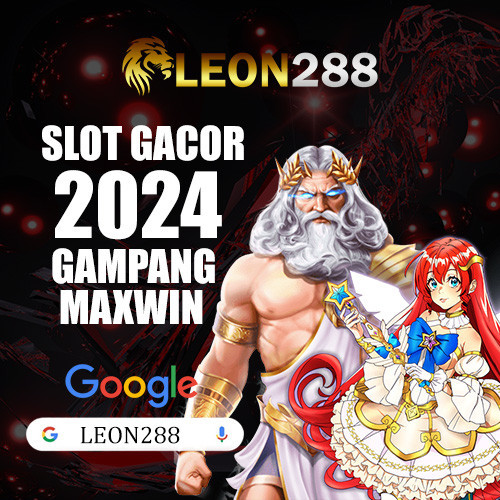In society mental illness is highly stigmatised, but it is especially challenging to talk about relationship counselling in the Black community. Religion takes a prominent place in the Black community – almost half of all Black people are at least ...Read more
In society mental illness is highly stigmatised, but it is especially challenging to talk about relationship counselling in the Black community. Religion takes a prominent place in the Black community – almost half of all Black people are at least once a week in a religious service, according to the 2014 Religious Landscape Study of the Pew Research Center — and community Members are invited to “pray” away their problems or have faith the problems will be rolled away rather than talk to them through therapy.
Minister and seminary professor Monica Coleman told the BeliefNet several years ago that “African American culture tends to be more stigmatic than white culture.”
“There is a lot of white people in Southern California who will refer to seeing a Therapist freely in a normal conversation,” Coleman said. “It doesn’t do the Black people. A therapist can usually be regarded as a symbol of weakness or lack of faith.”
Common African American Counselling Challenges
- The role that ethnic identities play.
The role of ethnic identity – both the client and the therapist – is an important factor in relationship counselling African-Americans: “What influences the ethnic identity of a person in their presentation is important to consider,” explains psychologist Qua Vaundra Perry. “Therapists may, in one direction or the other, make extreme assumptions. (For example all of the problems are because of racism or racism). One easy way of addressing this is to ask the client to share his or her point of view.”
- Wanting to be understood
As Mental Health Therapist Shemiah Derrick explained, “relationship counselling experience for African-US citizens was difficult due to stigmas and hesitancy about buy-in links with mental illness. The desire to be understood is one of the major elements of the therapy for African-US people. They want to feel understand, like any other client, to find someone who speaks his language conceptually, and to understand the context without being required to explain it between A and Z. With today’s social and political climate so vulnerable, feeling respected, heard and understood is more critical than ever for therapeutic African American customers.”
- The false claim of therapists.
Finally, another major challenge for African Americans in relationship counselling is to overcome the therapists’ false pretension that African Americans all react in the same way to treatment. The professional advocate Marquita Garret explains, “African-Americans are not all equal. “Many come from backgrounds with tabuous advice and participation. The experiences and maquilas are different from those of Ethiopians, Nigerians, West Indians, Ghanaians, Southerners, East, Midwest, West Coast, Suburban, Urban, rural and low-income.” It is important for counsellors to understand this, and to understand, more importantly, that not all African Americans follow the same therapy. There needs to be a trusted relationship between counsellors and their client
Read less

















